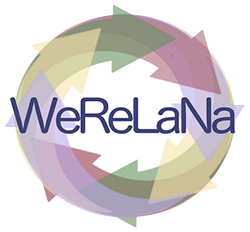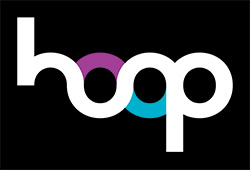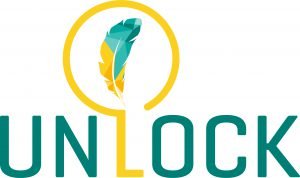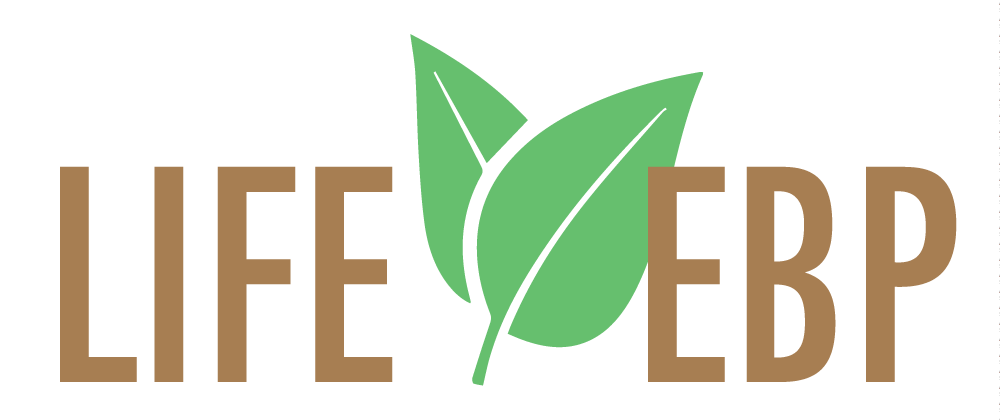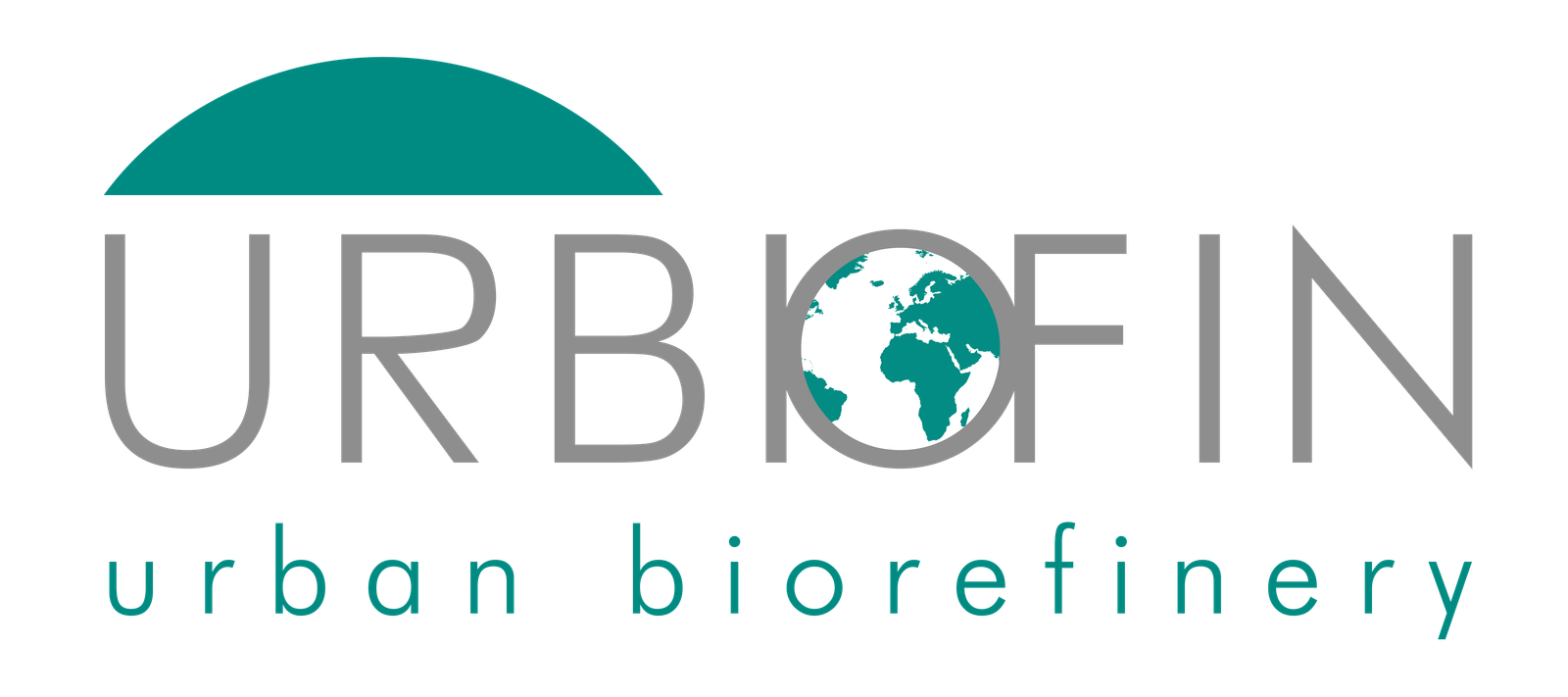BIOBEC project
Project concluded

Preparing the creation of Bio-Based Education Centres to meet industry needs and boost the contribution of the bioeconomy to societal challenges
Unlocking the full potential of the bioeconomy and its value chains requires a systematic and collaborative perspective for) the development of new skills, educational approaches and organisational solutions to provide education and training services.
The aim of the BIObec project is to develop a holistic framework for multi-level Bio-Based Education Centers (BBEC) flexible enough to answer the present and future needs of the industry and of the surrounding ecosystem at local, regional, national and/or international levels.
The project will design 6 BBEC pilots assuring a wide geographical coverage in Europe and addressing different topics linked to the variety of value chains and institutional contexts (vocational to university level, primary producers, processors, SMEs to MNCs).
BIOBEC will clarify the needs of the different regional ecosystems and will provide detailed design, economic and financial assessment, governance plans for the educational training centres, as well as plans for life-long-learning programmes. It will also develop collaborative tools to maximize the synergies between them at the European and international level.
The project will mobilise a network of 19 partners, which are leaders in Bioeconomy Education from different perspectives (ranging from academia to industry) together with a wide network of Implementation and Replication Working Groups and local stakeholders based in the EU. This network will pave the way for implementation and replication of the BBEC, in order to boost the contribution of the education sector for the development of the bioeconomy.
Contacts:
Davide Viaggi: davide.viaggi@unibo.it
Founding source: BIOBEC is cofounded by H2020-EU.2.1.4. H2020-EU.3.2. H2020-EU.3.2.6.



